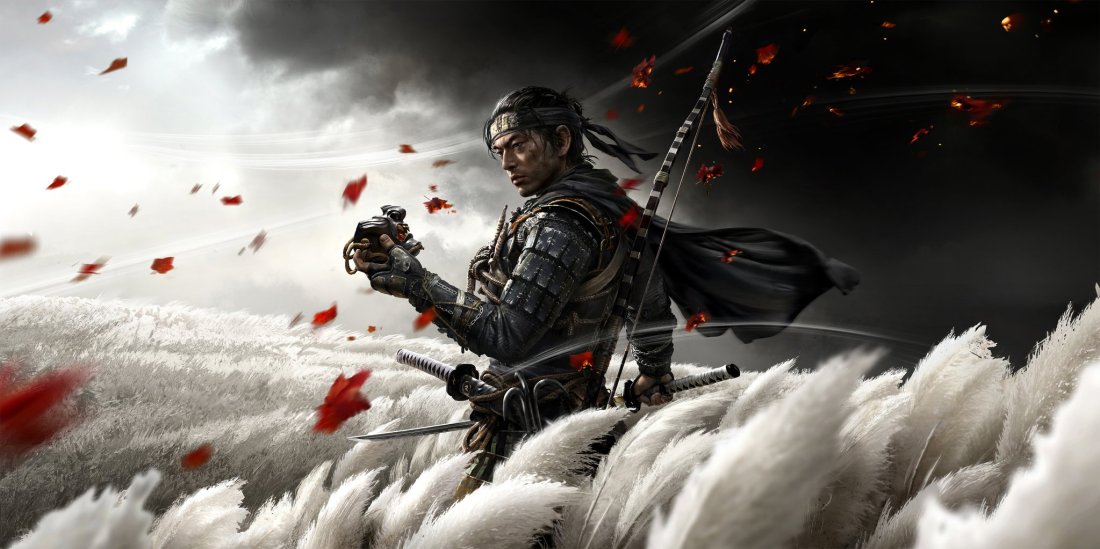Ghosts of Tsushima, the samurai simulator developed by Sucker Punch Productions for the Sony PlayStation 4, has been released to very positive reception from critics and fans alike for its beautiful samurai aesthetic and exciting gameplay that is said to out-assassin Assassin’s Creed. It may indeed be an enjoyable video game, but underneath the “fun” lurks the game’s scandalous secret: Ghosts of Tsushima was developed by white people.
That’s right. Despite playing as a Japanese character in feudal Japan, the game itself is a white man’s creation. While white developers are allowed and encouraged to create video games that include minorities, there is a limit to how many non-white characters can be in a white man’s video game before it becomes cultural appropriation: one black character, one LGBT character, one Asian character, and one Latinx character that always says “pendejo” as Latinx people always do. Not only does Ghosts of Tsushima lack black, Latinx, and LGBT characters, but it does not even respect the limit of Asian characters allowed in a cisgender white man’s video game.
It would surprise nobody that gamers overlook this problematic element—they are neckbearded incels with no redeeming factors whatsoever—but even critics have condoned this racist cultural appropriation. Even worse, Kotaku, a gaming journalism outlet I once considered on the right side of history, fueled the flames of white supremacist patriarchy by posting an article with quotes from Japanese critics that all praise Ghosts of Tsushima. The Japanese may consider the game respectful of Japanese culture, but as an Asian American (part Filipino, to be exact), I can say that they are wrong and what Sucker Punch Productions did is unacceptable.
Ghosts of Tsushima is not worth your time. It may be fun, but does that matter? If so, it’s time you questioned why you even play video games. Skip this one, folx, and grab yourself The Last of Us Part II instead. That’s a video game that shows respect to its non-white, female, and LGBT characters, pendejo*.
*I’m also part Mexican.
